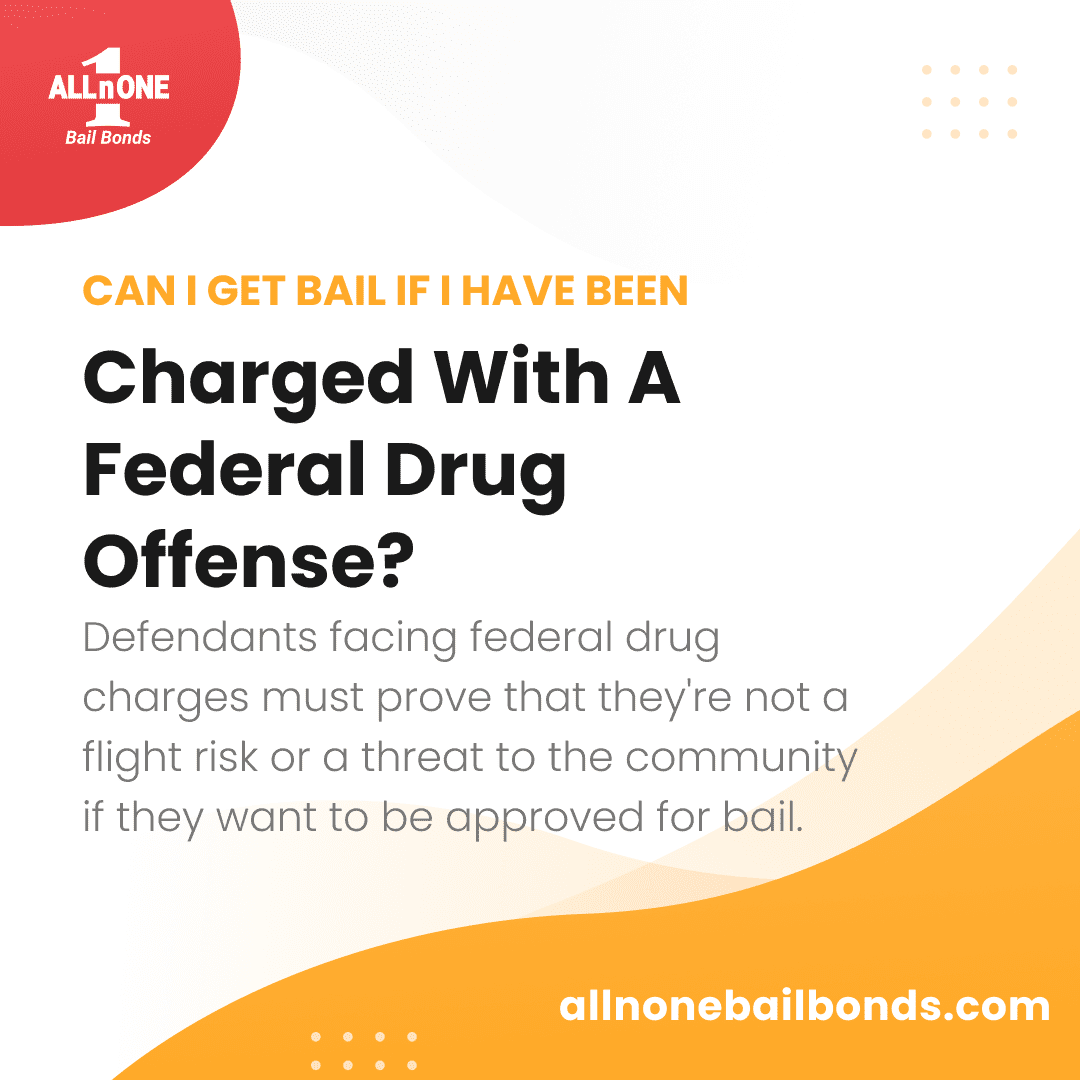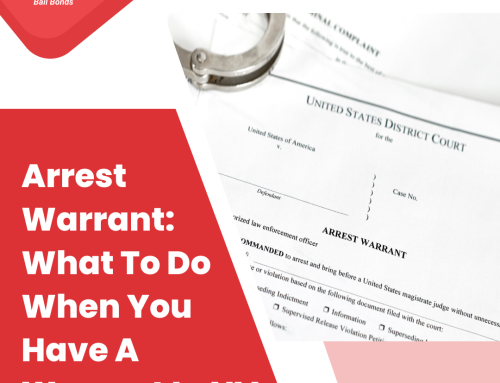Over 30 million cases are filed each year in state courts, but only 1 million cases make it to a federal court. Of those 1 million, many are drug trafficking cases involving interstate activity.
If you’ve been charged with a federal drug offense, you might find yourself facing excessive bail or wondering whether you will be able to post bail at all.
There are a few factors that determine the answers to these questions and affect your eligibility for release after posting bail. Read on to find out whether you may be able to post bail following a federal drug offense charge.
Flight Risk
The first factor that a court will take into account is whether or not you may be a flight risk. If a court decides that you may leave the country upon release, it’s unlikely that bail will be approved. Unfortunately, many federal drug defendants have international connections and are thus commonly considered to be flight risks. This doesn’t mean that bail is out of the question, though. It simply means that you need to convince the court that you are not a flight risk — and there are several strategies you can employ to accomplish this.
You can combat being labeled a flight risk by demonstrating to the court that you have compelling reasons not to flee. A defendant who has strong ties to their community, longstanding employment, and family responsibilities is less likely to run than a defendant with no local obligations. If this strategy works and your release is approved, it will likely be approved with the condition that you post excessive bail. Federal courts often set exorbitantly high bail for defendants in order to disincentivize flight.
Community Safety
You may be able to demonstrate that you are not a flight risk, but you’ll also need to prove that you do not pose a threat to community safety. This can be more difficult to accomplish when you’re facing federal drug charges. It’s even more difficult if your charges involve violence or the use of force. Still, if you want to be approved for bail, you will need to make an effort to demonstrate that you pose no threat to the safety of civilians.
A threat to public safety is generally considered to be anything that may cause injury or jeopardize the health of a community and its inhabitants. If your criminal record lacks any convictions for violent crime, you may argue that you have no history nor motivation indicating that you will become violent upon posting bail. If the court agrees, you may be released after posting bail. Due to the nature of their charges, though, defendants may face excessive bail.
Criminal History
It’s unfortunately true that you can rarely escape your past when it comes to the criminal justice system. This poses a challenge for defendants with prior criminal convictions, but it can be an advantage for those who have no previous record. When determining whether or not a defendant should be approved for bail, the court will consider any criminal history — or lack thereof. If you do have prior convictions, the court will likely weigh the following factors:
- Nature of the crime
- Compliance with sentence
- Behavior after release
- Likelihood of recidivism
These factors are considered when determining whether an excessive bail amount will be approved. Other factors, such as your history of court appearances, will also be taken into account. The court ultimately wants to paint a picture of whether release upon bail will be beneficial to the defendant and their community. It’s your responsibility to convince a court that you can post excessive bail without posing a threat, becoming a flight risk, or repeating a criminal history.
Post Excessive Bail for Federal Drug Charges
Being approved for bail is great news if you’re facing federal drug charges, but you might be facing an excessive bail amount that you can’t cover with your own cash. There’s more good news — All-n-One Bail Bonds can help you obtain the bail you need to be released. With a convenient Memphis location and 24/7 services, All-n-One is the name to trust. Call us or reach out online to learn more about resources for posting bail when you’re facing federal drug charges.




